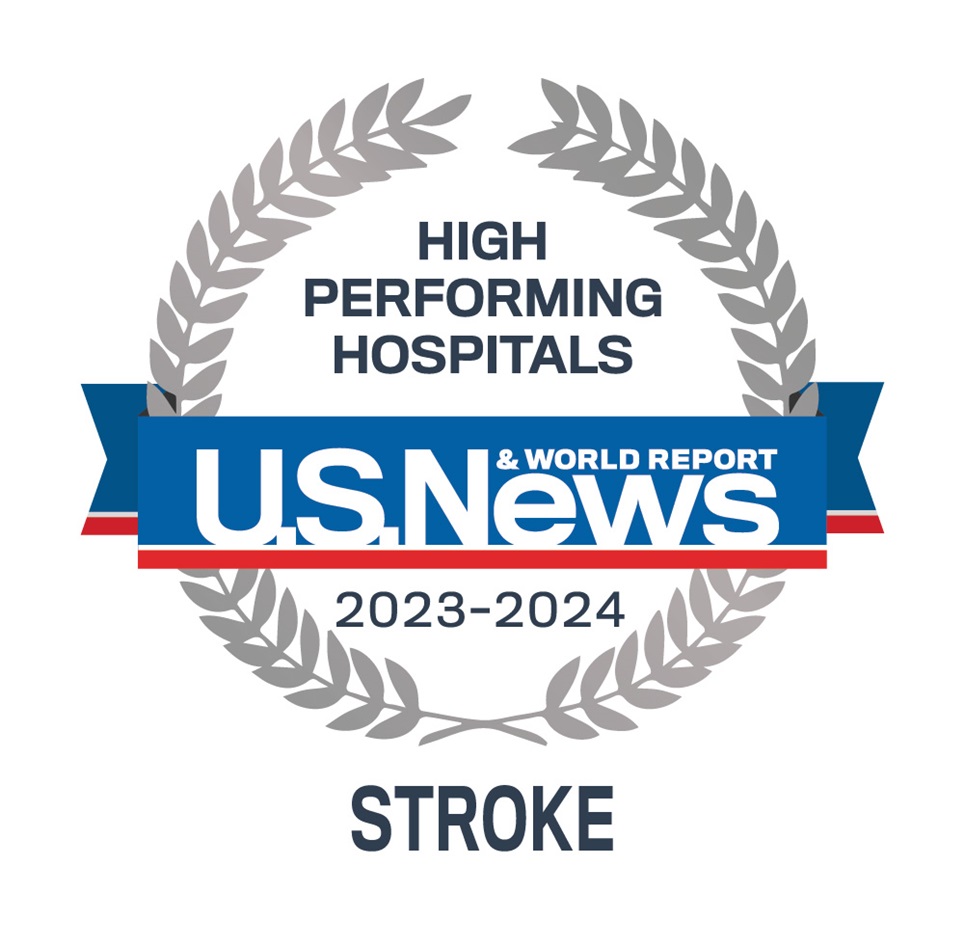Embolic Stroke
An embolic stroke is a type of ischemic stroke, which results from a blockage of blood flow to the brain. Embolic events begin when a clot forms somewhere other than the arteries that directly supply the brain with blood, such as the arteries of the heart. This clot can break off and travel through the arteries of the body before becoming lodged in the narrower vessel that provides the brain with blood, thereby stopping the flow of oxygen to the brain.
Embolic Stroke Causes
An embolic stroke is typically a result of plaque buildup along artery walls. It can also be caused by an abnormal heartbeat like atrial fibrillation; the blood can pool and clot because it isn’t being pumped effectively, and these clots can travel throughout the bloodstream.
There are certain risk factors that make some people more prone to experiencing an embolic stroke. Such factors include:
- Having high blood pressure
- Smoking
- Being overweight
- Not exercising regularly
- Having diabetes
- Having a family history of stroke, heart attack or related conditions
- Being older than 55
Embolic Stroke Symptoms
An embolic stroke produces symptoms that resemble the symptoms of other types of strokes. These symptoms often appear suddenly and include:
- Difficulty speaking or understanding words
- Trouble walking
- Weakness or numbness
- Paralysis in the limbs or either side of the face
- Temporary paralysis
- Blurred vision or blindness
- Slurred speech
- Dizziness
- Difficulty swallowing
- Nausea or vomiting
- Drowsiness
Embolic Stroke Diagnosis
As a life-threatening condition, embolic stroke should be taken seriously and promptly addressed. A patient experiencing an embolic stroke should immediately call 911 or go to the hospital, where doctors can perform various diagnostic tests, such as:
- CT scan
- MRI
- Carotid ultrasound
- Cerebral angiogram
- Echocardiogram
Embolic Stroke Treatments
Tampa General Hospital is a comprehensive stroke center serving people who have experienced an embolic stroke or any other type of stroke. The key to treating an embolic stroke is to provide rapid diagnoses and emergency care and begin treatment and rehabilitation as soon as possible.
Treatment methods often involve:
- Administered medication such as aspirin or tissue plasminogen activator
- Carotid endarterectomy
- Mechanical clot removal

